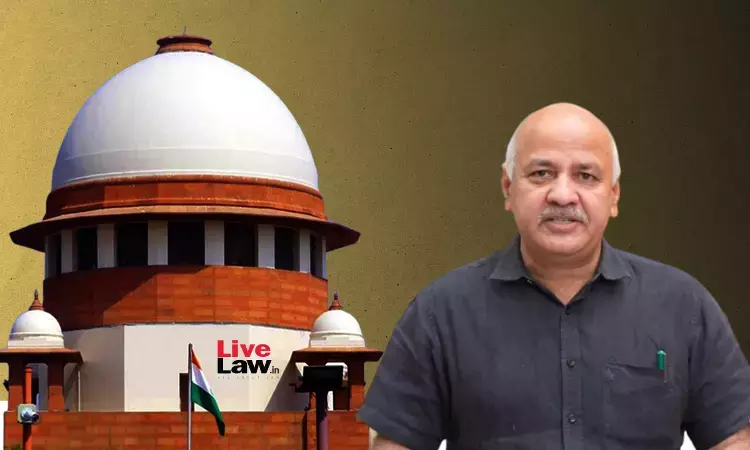The Bizarre Logic In Supreme Court's Judgment Denying Bail To Manish Sisodia
Manu Sebastian
16 Nov 2023 10:10 AM IST

Though the Court exposed certain fallacies in the ED and the CBI cases, it refrained from taking the judgment to the logical conclusion.
Next Story


